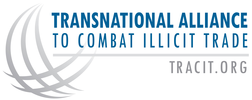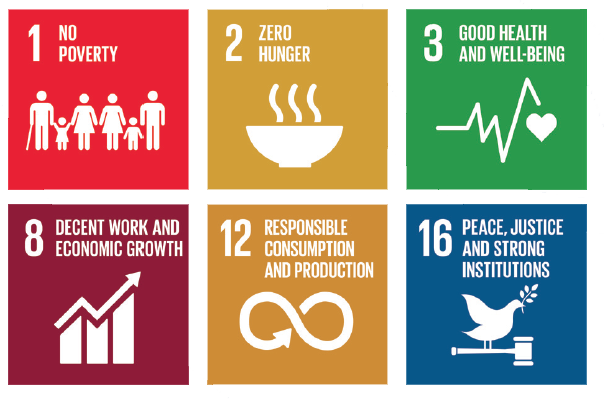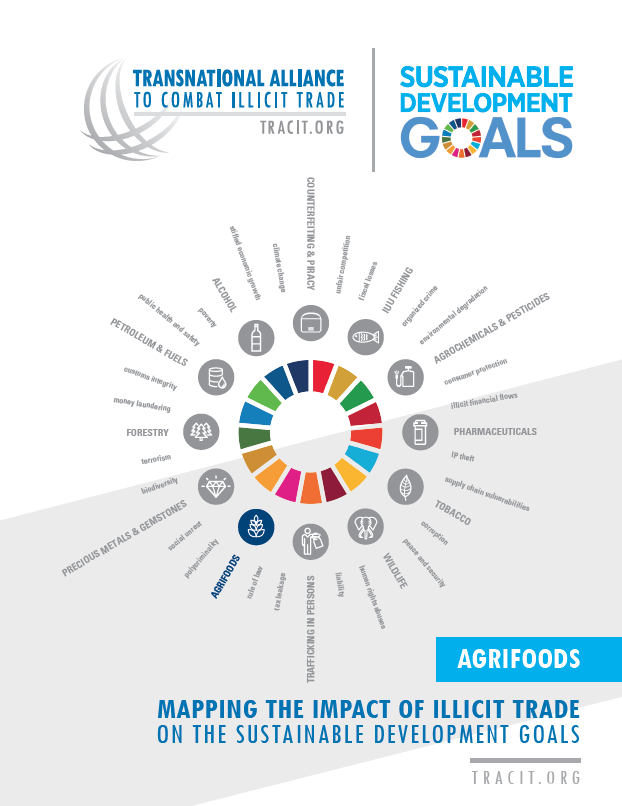Illicit Trade in the Agri-Food Industry |

From food fraud to large scale smuggling of agriculture products, illicit trade in agri-foods undermines farming and global food trade systems, destabilizes rural economies and jeopardizes production and delivery of fair, safe and sustainable food supplies. Food fraud is the intentional substitution or dilution of an authentic food or ingredient with a cheaper product (such as replacing extra virgin olive oil with a cheaper oil), flavor or color enhancement using illicit or unapproved substances, or substitution of one species with another (such as the European horse meat scandal). Smuggling of agriculture products is driven by a disparity between the price of a good at its origin and its (prohibited) destination, which includes price differentials deriving from government subsidies.
Sugar, tea and cocoa smuggling, for example, destabilize food supplies and erode the sustainability of their underlying legal industries. Fake infant milk powder and dangerously recycled vegetable oils are examples of how adulterated food supplies contribute to malnutrition. In South-East Asia, the private sector has been trying to prevent sugar smuggling to avoid drastic price drops due to illegally imported sugar threatening local industries on which locals farmers depend for their livelihoods. Confed, the largest organization of local sugarcane farmers in the Philippines, argued that “smuggling would ultimately gobble up the sugar industry” (GMA News Online, 2010). Tea is another commodity whose smuggling represents a major strain on Pakistan’ finances, one of the world’s largest importer and consumer of tea. Reports indicate that the illicit tea business in the country accounts for more than a third, half by some estimates, of the total market. According to Unilever Pakistan Limited, “business operations and profitability of legitimate commercial importers and packers have been severely curtailed” (The Express Tribune, 2014). In Italy, organized criminal groups are now involved in the commodity value chain of Italian food products exported abroad (Reuters, 2017). Economic activities in the Italian agri-food sector managed by criminal organizations were estimated to be worth some 15.4 billion euros in 2014 alone (EURISPES, 2015). Featured Events
Featured videos
Featured reports
Featured article
Food Fraud and Illicit Trade Holding Back Progress on the SDGs From Food Navigator.com, on 22 July 2019 |
Learn how illicit trade in agri-foods impacts the achievement of the UN Sustainable Development Goals
From smuggling, counterfeiting and tax evasion, to the illegal sale or possession of goods, services, humans and wildlife, illicit trade is compromising the attainment of the UN SDGs in significant ways, crowding out legitimate economic activity, depriving governments of revenues for investment in vital public services, dislocating millions of legitimate jobs and causing irreversible damage to ecosystems and human lives.
The TRACIT report Mapping the Impact of Illicit Trade on the Sustainable Development Goals investigates illicit trade in 12 key sectors that participate significantly in international trade and are most vulnerable to illicit trade. For each sector, the negative impacts of illicit trade are mapped against the 17 UN SDGs. The full report is available here. Read the chapter: SDGs and illicit trade in agri-foods RISKS ASSOCIATED WITH ILLICIT TRADE IN AGRI-FOOD
|









